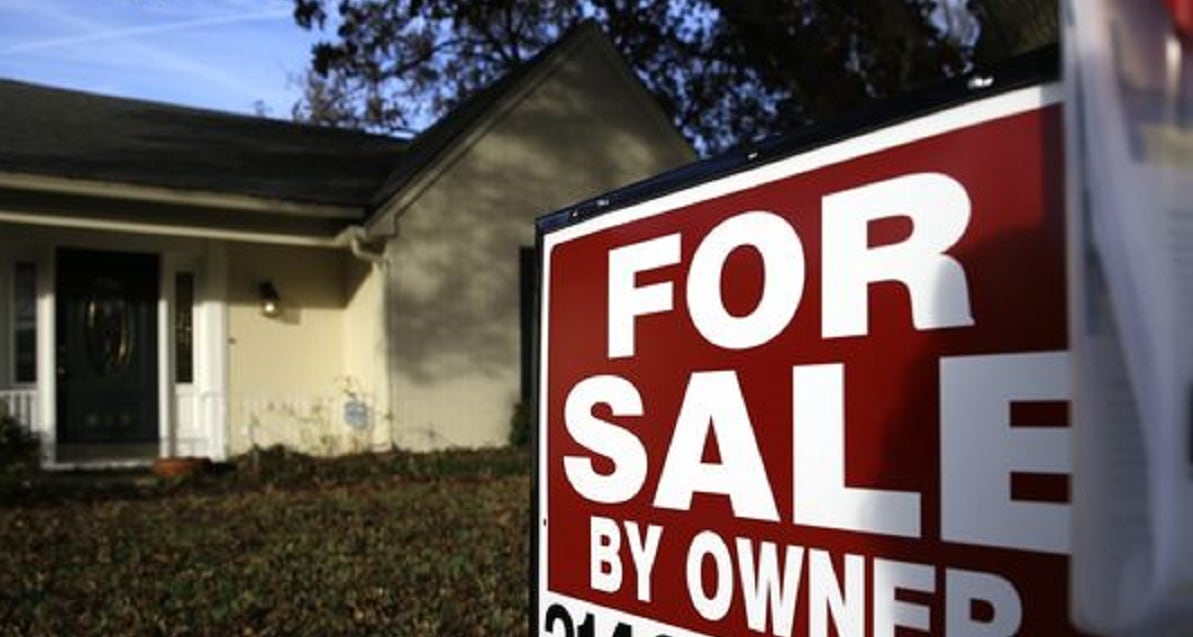Holders of VA-backed mortgages have options to prevent foreclosure that aren’t available to other borrowers. And while some of these options are geared toward allowing the veteran to keep the home, VA’s compromise sale will help the veteran get out of the loan, and the property, once and for all.
The plan solves a problem faced by some motivated sellers: Their home’s value sits below the amount of money owed on the loan, meaning a sale won’t end their financial woes. Veterans in this situation can contact their lender to arrange for a compromise sale, but only after a buyer is lined up; the borrower’s representatives (Realtor, lender, etc.) should draw up sales contracts that are pending a compromise sale approval.
There are some conditions to that approval, outlined in federal law, VA’s loan servicer handbook and regional VA publications. Among them:
- The loan’s holder must see the loan as insoluble. This may require the borrower to provide some financial information to prove the payment can’t be made, but if the payments are at least two months behind, such proof isn’t required.
- Financial hurdles must be cleared by the sale ― the total value, including any amount forgiven by the lender, must equal or exceed the value of the property backing the loan.
- Borrowers aren’t allowed to receive any cash from the arrangement.
- The sale must be for fair market value.
RELATED

Remember: The loan agreement is between the veteran and the lender. While VA can assist (and sometimes advocate for) the borrower in some situations, the ultimate decision falls to the lender when it comes to deals that include partial loan forgiveness or other relief mechanisms (new payment structures, etc.).
For more about the VA loan program, including refinancing options, visit our VA Loan Center.
Kevin Lilley is the features editor of Military Times.




